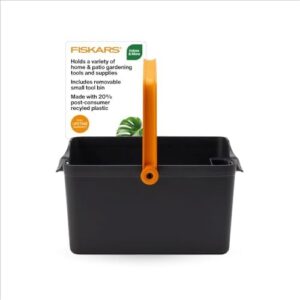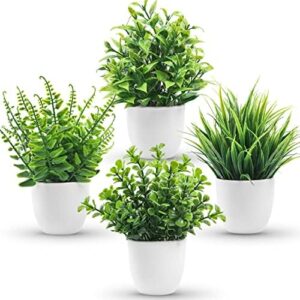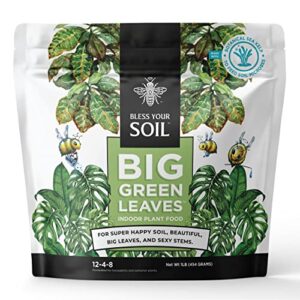Hey there, fellow Earth lovers! Today, let’s talk about how organic gardening techniques can play a crucial role in saving our planet. We all know that the environment is facing a multitude of threats, from pollution to deforestation to climate change. It’s easy to feel overwhelmed by the enormity of these issues, but the good news is that there are small steps we can all take to make a positive impact. One such step is embracing organic gardening.
So, what exactly is organic gardening? Simply put, it’s a way of growing plants in harmony with nature, without the use of synthetic pesticides, fertilizers, or other harmful chemicals. Instead, organic gardeners rely on natural methods to nurture their plants and protect them from pests and diseases. This not only leads to healthier, more vibrant gardens, but also has a number of environmental benefits.
One of the key ways organic gardening helps save the planet is by reducing our reliance on synthetic chemicals. Conventional agriculture relies heavily on pesticides and fertilizers, which can have a range of negative impacts on the environment. These chemicals can leach into waterways, pollute the soil, harm beneficial insects and wildlife, and even pose risks to human health. By steering clear of these harmful substances, organic gardeners help protect the delicate balance of our ecosystems.
But the benefits of organic gardening don’t stop there. By cultivating healthy, biodiverse gardens, organic gardeners also play a key role in supporting pollinators like bees and butterflies. These vital creatures are facing unprecedented threats, from habitat loss to pesticide exposure, and our food supply depends on them. Organic gardens, with their mix of native plants, flowers, and herbs, provide essential food and shelter for pollinators, helping to ensure their survival.
Moreover, organic gardening also helps combat climate change. Industrial agriculture is a major contributor to greenhouse gas emissions, from the production and transport of synthetic fertilizers to the use of heavy machinery. By contrast, organic practices like composting, cover cropping, and crop rotation help sequester carbon in the soil, turning gardens into carbon sinks. What’s more, organic gardens are typically more resilient to the impacts of climate change, such as droughts and extreme weather events, thanks to their healthy, well-balanced ecosystems.
It’s not just the environment that benefits from organic gardening – it’s also our own health and well-being. By growing our own fruits, vegetables, and herbs organically, we can be sure that we’re consuming food that is free from harmful chemicals and pesticides. Studies have shown that organic produce is higher in essential nutrients like vitamins and antioxidants, making it not only better for the planet, but also better for our bodies.
So, how can you get started with organic gardening and do your part to help save the planet? It’s easier than you might think. Whether you have a backyard, a balcony, or just a sunny windowsill, there’s a way for everyone to get involved. Start by building healthy, fertile soil with compost and organic matter, which will provide the foundation for a thriving garden. Choose native plants and heirloom varieties, which are better adapted to your local climate and conditions.
When it comes to pest control, try natural methods like beneficial insects, companion planting, and homemade remedies. For fertilizer, opt for organic options like compost, seaweed extract, or fish emulsion. And don’t forget to conserve water by mulching, watering in the morning, and using rain barrels or drip irrigation. By following these simple steps, you can create a beautiful, productive garden that benefits both you and the planet.
In conclusion, organic gardening is not just a hobby – it’s a powerful tool for protecting the environment, supporting biodiversity, and promoting sustainability. By embracing organic practices in our own gardens, we can all play a part in mitigating the impacts of climate change, protecting pollinators, and promoting healthier, more resilient ecosystems. So, whether you’re a seasoned gardener or just starting out, why not give organic gardening a try? Together, we can make a difference and help save the planet, one garden at a time.






